 From March 13 to 15, Dr Georg Gasser from the University of Innsbruck (Austria), will give the seminar Personal Identity and Theories of Action, as part of the Humanistic Studies Program.
From March 13 to 15, Dr Georg Gasser from the University of Innsbruck (Austria), will give the seminar Personal Identity and Theories of Action, as part of the Humanistic Studies Program.
Georg Gasser obtained his PhD in Philosophy (University of Innsbruck) with a thesis on the ontological presuppositions of agent causation. He teaches at the Department of Christian Philosophy at the same University, where he also studied Theology. He has participated in and coordinated research projects in both disciplines, among others “Analytic Theology” (2010-2014) and at present “Nature of God. Integrating Insights from Science and Philosophy into Theology” (2015-2018). He is the author of numerous publications on action theory, the free-will debate, metaphysics and the philosophy of religion.
For questions and inscription write to peh@austral.edu.ar
PROGRAM
- The biological, psichological and narrative conceptions of personal identity.
- Epistemological, phenomenological, ontological and empirical arguments for a theory of action.
- The role of action in the constitution of personal identity over time.
- Practical and ethical consequences.
The seminar will be deilvered in Ensligh.
DESCRIPTION
In this course I will focus on the relationship between agency and our identity over time. My idea is to divide the course into four sections: First, I begin with a brief outline of (a) the main (three-dimensional) accounts to our identity over time, and (b) the most influential conceptions of agency.
Secondly, I aim at developing a robust concept of agency by making use of epistemic, phenomenological, ontological and empirical arguments. In the light of the interdisciplinary nature of the course, I will draw particular attention to empirical arguments, especially to research findings in the cognitive sciences and developmental psychology.
Thirdly, I will apply the concept of agency developed to the debate on our identity over time – call it the agential account to our identity over time. In doing so, I will ask (and ideally provide answers to) questions such as (i) “Are we in the most fundamental (ontological) sense agents?”, (ii) “Is agency a necessary and sufficient condition for our identity over time?”, (iii) “Is our identity over time ‘thicker’ or ‘thinner’ depending on our level of agency?” or (iv) “How does the proposed agency account relate to or fit into biological, psychological and narrative accounts of personal identity?”.
Finally, if time still allows, I will conclude the course with considerations about possible practical/ ethical implications of the view proposed.
